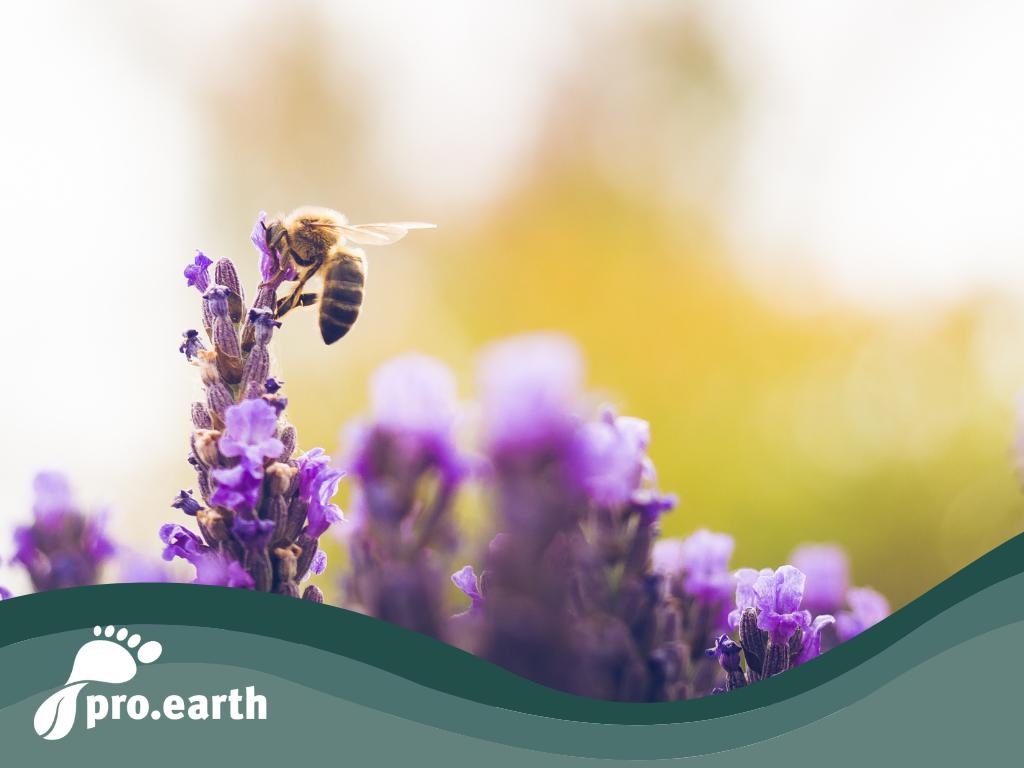The opposite of GOOD is GOOD MEANING - why this applies to plants from the DIY store, supermarket or furniture store

The word is out - we need to increase biodiversity on the land entrusted to us, so let's go!!!
Saturday morning in the DIY store, a few sticks of lavender, a sweet phlox and, because we are in such a good mood, a columbine for the bees, but far from it. These plants bloom, yes, but unfortunately they have often been made to bloom with highly toxic substances, which in turn worsen biodiversity to the maximum by having a lethal effect on insects.
This is one of many reasons why we should buy our plants from our trusted nursery.
Pesticide exposure
The results of a study by the German Federal Agency for the Environment and Nature Conservation are truly sobering. In 22 out of 22 plant samples examined, 38 different pesticides were found, some of which were highly hazardous to humans and animals.
The planned support for the insect population therefore has exactly the opposite effect - they are more likely to die.
High peat content
Peat is often used in the mass production of plants because it is considered a particularly compatible plant additive. However, the disadvantages outweigh the benefits:
Peat extraction often destroys raised bogs that are thousands of years old. Why is this problematic?
- Raised bogs are a CO2 reservoir
- When they are dehydrated, the stored CO2 is released in large quantities
- They provide a habitat for many animal species
Mountains of plastic waste due to transportation
In order to be able to transport the plants in large quantities with as little damage as possible, they must of course be packaged. This generates an incredible amount of plastic. This also counteracts the original idea of doing something good for biodiversity and therefore the environment as a whole by putting out a few flowering plants in the garden.
Strengthen regionality
Last but not least, we would like to point out that buying from the long-established local nursery strengthens the local market, regional small and medium-sized enterprises and, last but not least, the much-cited diversity in our immediate environment - how nice it would be to become a little less dependent on all-dominating corporations again.
pro.earth conclusion:
Let's save ourselves the well-intentioned eyewash and buy more expensive, but fewer plants, which we nurture and care for with great care in our gardens and on our balconies.
It should actually be clear: plants simply cannot become industrialized mass-produced goods. If they are, they need to be helped along.
Everyone can control this in their own little universe by making purchasing decisions - just imagine if lots of people did this - the world would suddenly be a different place. 💚






